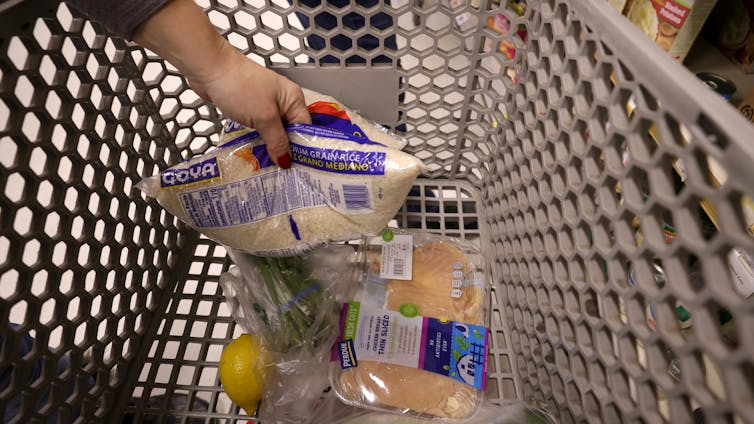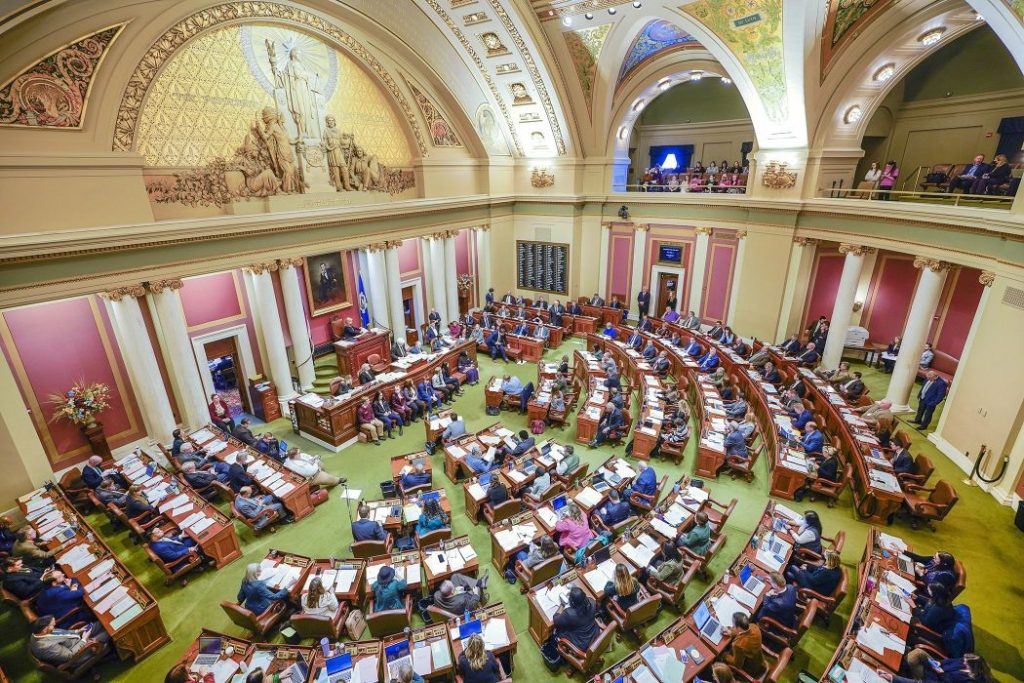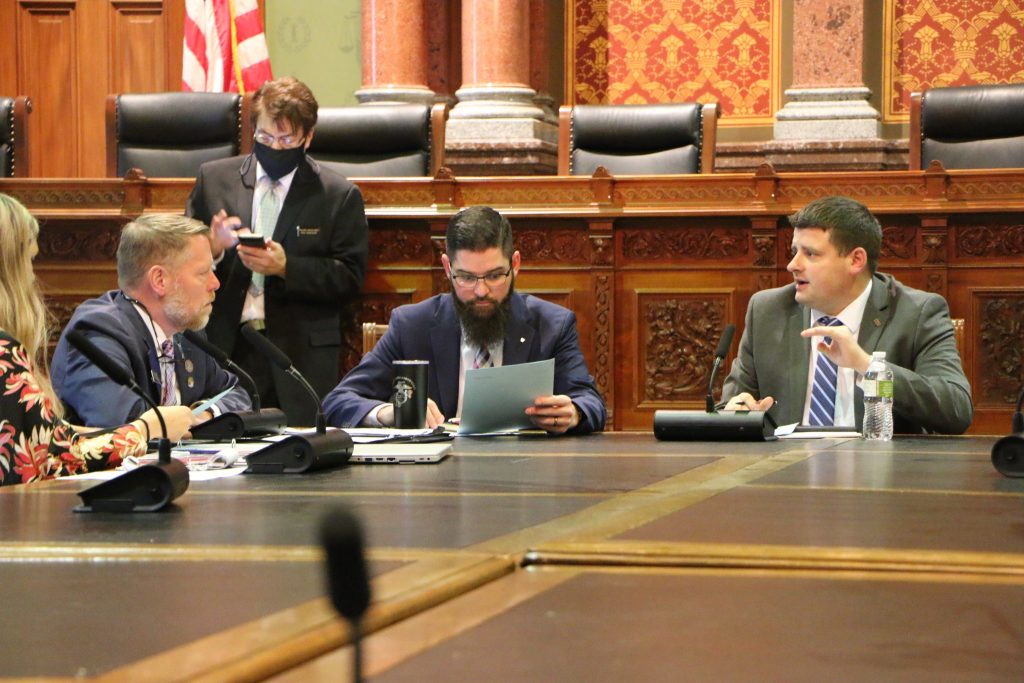“Let this serve as a reminder that poverty is a policy choice,” said one advocate. “In the richest country in the world, it is absolutely inexcusable that millions of our children go to school hungry because they are living in poverty.”
By Kenny Stancil. Published 3-18-2023 by Common Dreams

Students hug Democratic Minnesota Gov. Tim Walz after he signed a universal free school meal bill into law on March 17, 2023. Photo: Prem/Twitter
Surrounded by students, teachers, and advocates, Democratic Minnesota Gov. Tim Walz on Friday afternoon signed into law a bill to provide breakfast and lunch at no cost to all of the state’s roughly 820,000 K-12 pupils regardless of their household income.
The move to make Minnesota the fourth U.S. state to guarantee universal free school meals—joining California, Maine, and Colorado—elicited praise from progressives. Continue reading










